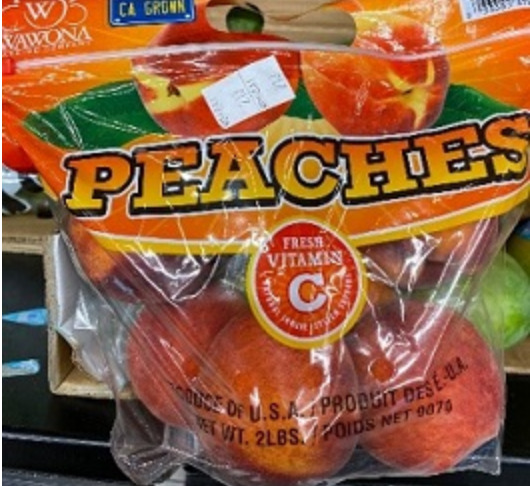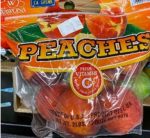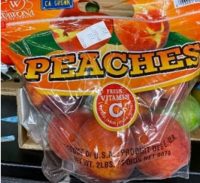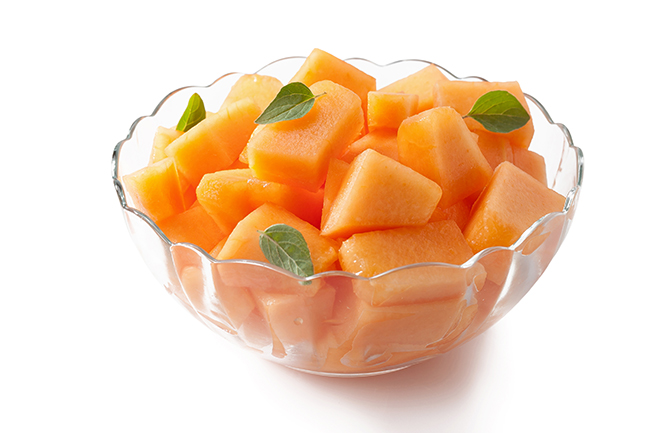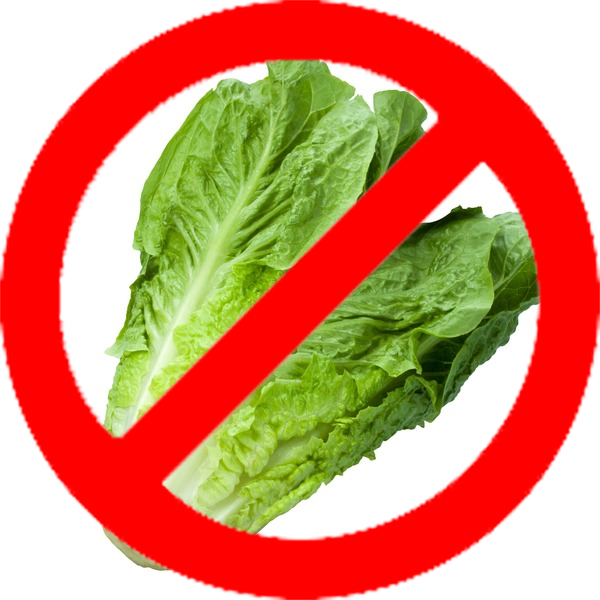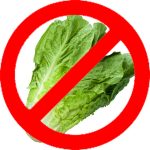Today the FDA released a report on its investigation into the E. coli O157:H7 outbreak involving leafy greens during the Fall 2020. The report also identified three reoccurring trends in the contamination of leafy greens grown in the Central Coast of California related to the outbreak strain, region and issues with activities on adjacent land.
In January, FDA released preliminary findings, which linked cattle feces to the outbreak strain—located uphill from where contaminated leafy greens were grown.
“In the investigation, the FDA recommends that growers of leafy greens in the California Central Coast Growing Region consider this reoccurring E. coli strain a reasonably foreseeable hazard, and specifically of concern in the South Monterey County area of the Salinas Valley,” stated Frank Yiannas, deputy commissioner for food policy and response, in an agency news release. “It is important to note that farms covered by the Food Safety Modernization Act (FSMA) Produce Safety Rule are required to implement science and risk-based preventive measures in the rule, which includes practices that prevent the introduction of known or reasonably foreseeable hazards into or onto produce.”
The 2021 Food Safety Consortium Virtual Conference Series kicks off on May 6 with a keynote address from Frank Yiannas, deputy commissioner of food policy and response at FDA The FDA also recommends that the region’s agricultural community work to determine where the reoccurring strain of the pathogenic E. coli is persisting, along with the probable contamination route(s).
“Although the FDA is keenly focused on taking steps to help mitigate recurring leafy green contamination events, we alone cannot fix this issue. Industry leadership and collaboration among growers, processors, retailers, state partners and the broader agricultural community is critical to reducing foodborne illnesses,” Yiannas stated. “At the FDA, the safety of leafy greens remains a top priority, and we are committed to working with all stakeholders to address this significant public health issue and further protect consumers.”
The Report, “Factors Potentially Contributing to the Contamination of Leafy Greens Implicated in the Fall 2020 Outbreak of E. coli O157:H7”, can be downloaded from FDA’s website.



